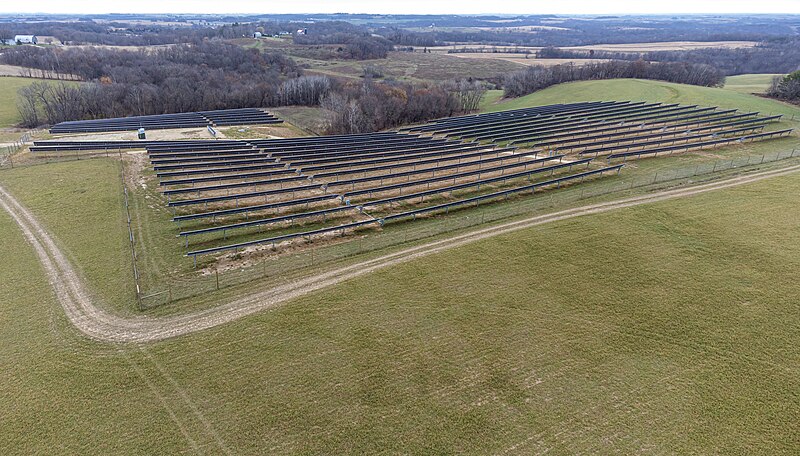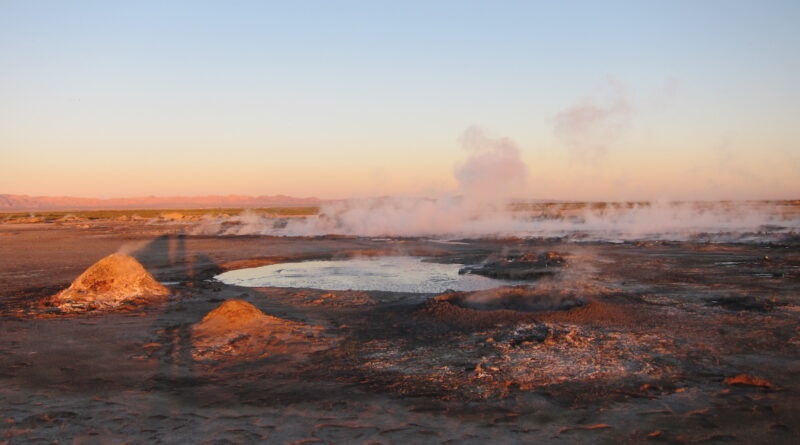November 30 NEC Energy News
¶ “GOP Bill Would Pull Farmland Tax Credits From Farmers Hosting Solar Power Installations” • Farm fields with solar PVs would no longer qualify for state tax credits under a Republican bill. GOP lawmakers claim it’s about protecting farmland from “nonsense” renewable projects, and Wisconsin should pursue nuclear energy instead. [Wisconsin Public Radio]

¶ “Will Keeping California’s Last Nuclear Power Plant Open Raise Your Utility Bill In San Diego?” • The price tag to keep Diablo Canyon open is a matter of debate. That’s important because costs to extend the plant’s operations would be passed onto all customers of power companies regulated by the Public Utilities commission. [San Diego Union-Tribune]
¶ “‘One Of The World’s Largest’: Battery Farm To Be The First Project Funded By Victoria’s Resurrected Electricity Agency” • A battery farm that can power 200,000 homes was announced as the first project funded by the Victorian government’s State Electricity Commission. The project’s 600 MW of capacity will be in three battery components. [The Guardian]
¶ “US Discovers Lithium Bonanza For EV Batteries Right In Its Own Backyard” • The DOE released the results of an analysis of Salton Sea lithium resources by Lawrence Berkeley National Laboratory. Direct Lithium Extraction technology could lead to production of more than 3,400 kilotons of lithium, enough for over 375 million EV batteries. [CleanTechnica]

¶ “’Ghost Forests’ Threaten New Jersey’s Water, Ecosystem” • Acres of “ghost forests” have been popping up in southern New Jersey, as an increase of saltwater in the soil has been killing what remains of the Atlantic white cedar trees that populate the area. Climate change events and logging created a situation where the soil lost its fresh water, experts say. [ABC News]
¶ “Fervo Energy Revs Up Its First Geothermal Generating Station” • Fervo Energy is using the horizontal drilling perfected by the oil and gas industry to access regions where it is hot enough to make superheated steam for generating electricity. The drilling can be expensive, but once a heat source is tapped, free energy can be had for years. [CleanTechnica]
For more news, please visit geoharvey – Daily News about Energy and Climate Change.
